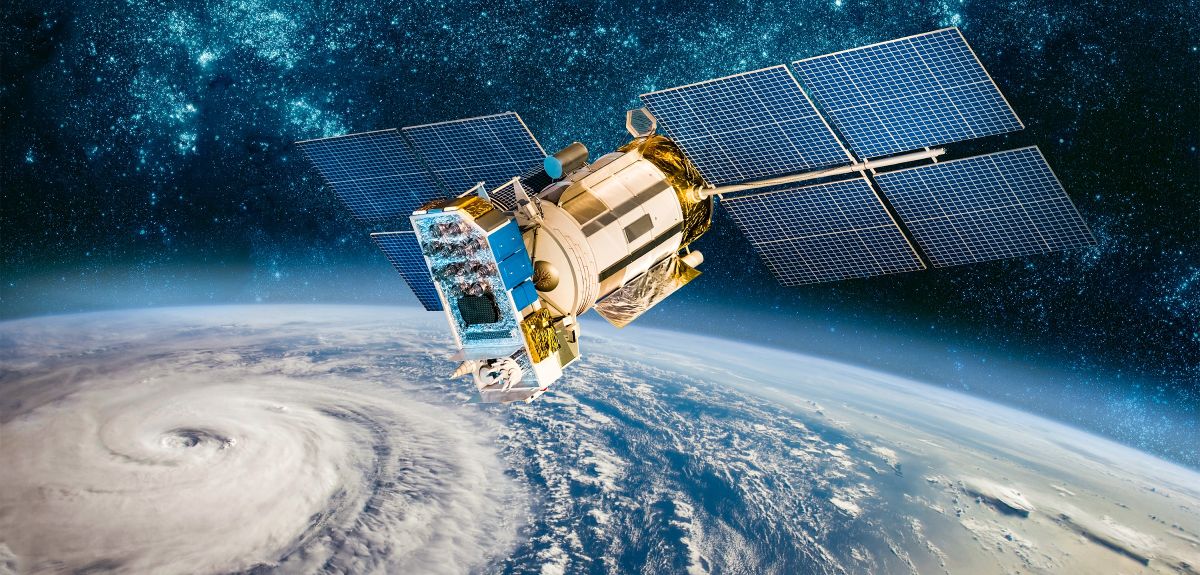Overview:
Google’s Project Suncatcher will equip solar-powered satellite constellations with TPUs and free-space optical links to one day scale machine learning (ML) and AI compute in space. The sun is the ultimate energy source and solar panels can be much more productive in orbit, thereby significantly reducing the need for heavy batteries. With energy use being a key consideration for terrestrial data centers, especially with the ongoing and seemingly relentless need to scale up for ML/AI, space might be the right location for AI.
Goals and Objectives of Project Suncatcher:
Artificial intelligence (AI) serves as a foundational technology with the potential to address significant global challenges. To fully unlock its capabilities, Google is exploring what it claims will be the next frontier of innovation. To do so, the company has announced Project Suncatcher, a new research initiative aimed at developing scalable machine learning (ML) systems for in-space deployment. This moonshot project investigates the viability of an interconnected network of solar-powered satellites, utilizing Google’s custom Tensor Processing Unit (TPU) AI accelerators, to leverage solar energy in an unprecedented manner.
Following in the tradition of other groundbreaking
Google moonshots such as autonomous mobility and quantum computing, we have begun foundational research to enable this future vision. This burgeoning area of exploration is detailed in a preprint paper published today, which outlines our initial research into satellite constellation design, control, communication protocols, and preliminary findings from radiation testing of Google TPUs. The proposed system consists of a constellation of networked satellites, likely operating in a dawn–to-dusk
sun-synchronous low earth orbit, where they would be exposed to near-constant sunlight. This orbital choice maximizes solar energy collection and reduces the need for heavy onboard batteries. For this system to be viable, several technical hurdles must be overcome:
“In the future, space may be the best place to scale AI compute,” Travis Beals, Senior Director, Paradigms of Intelligence at Google, wrote in a blog post this week. He also noted that “this approach would have tremendous potential for scale, and also minimizes impact on terrestrial resources.”
Google’s next phase of this project involves a collaborative learning mission with Planet, scheduled for early 2027, to deploy two prototype satellites. This mission will test the performance and resilience of our hardware in an orbital environment, establishing the essential groundwork for achieving massively scaled computation capabilities in space.
References:
https://research.google/blog/exploring-a-space-based-scalable-ai-infrastructure-system-design/
https://blog.google/technology/research/google-project-suncatcher/
https://services.google.com/fh/files/misc/suncatcher_paper.pdf



